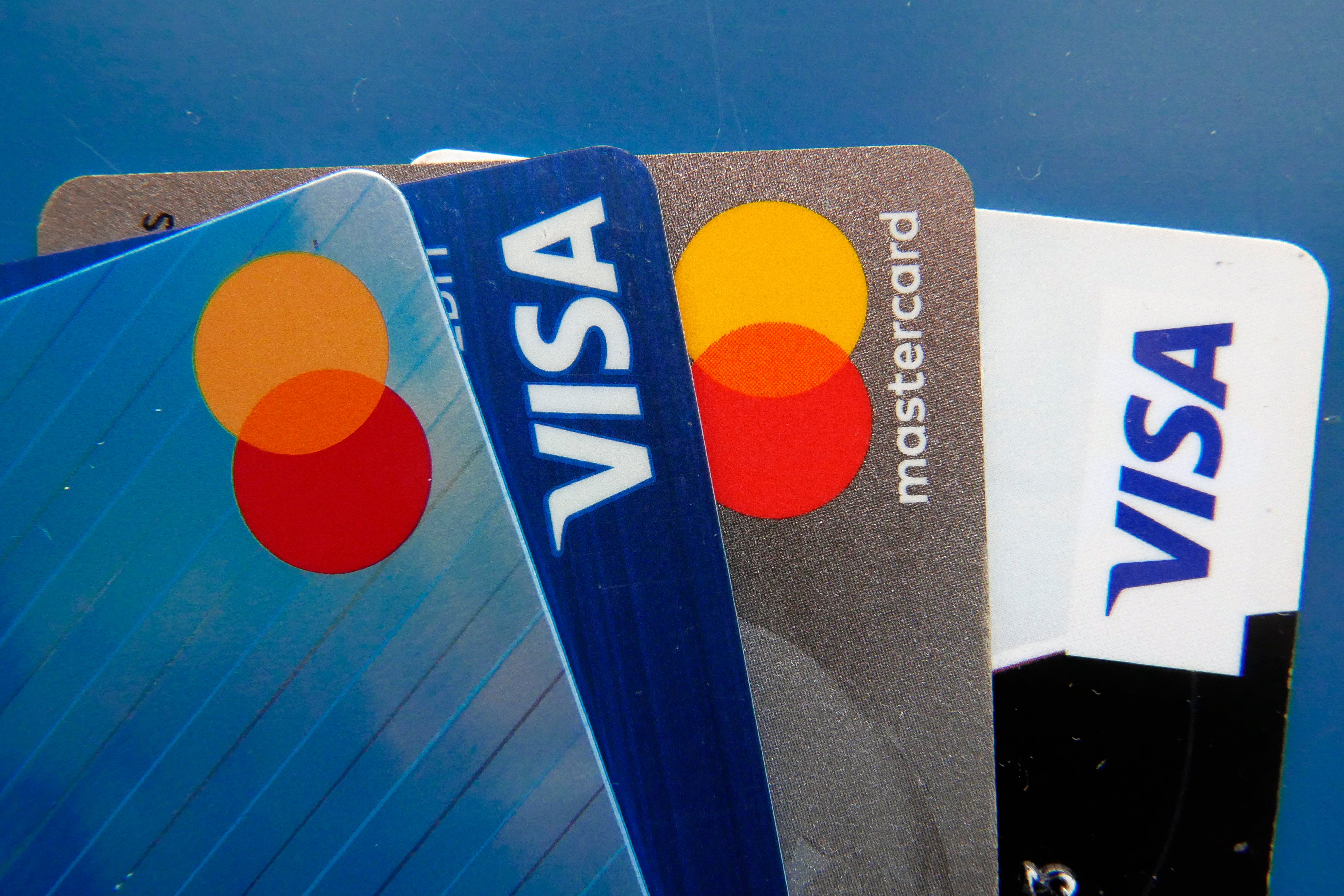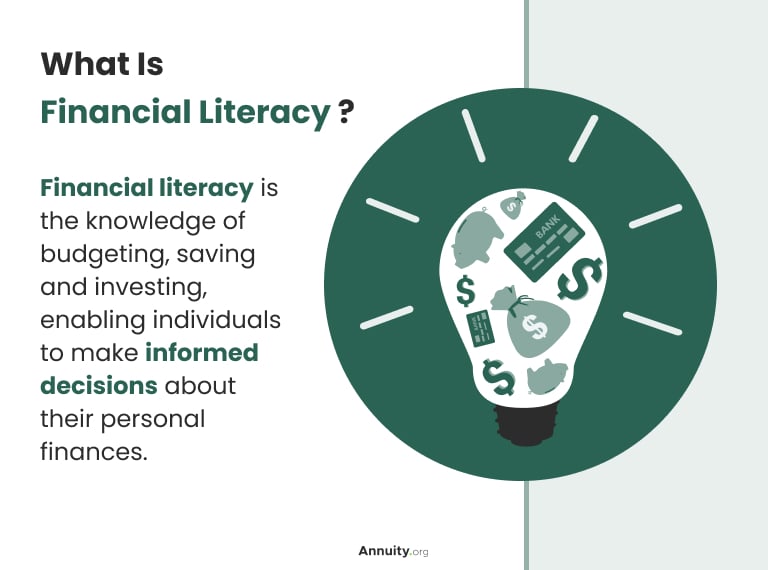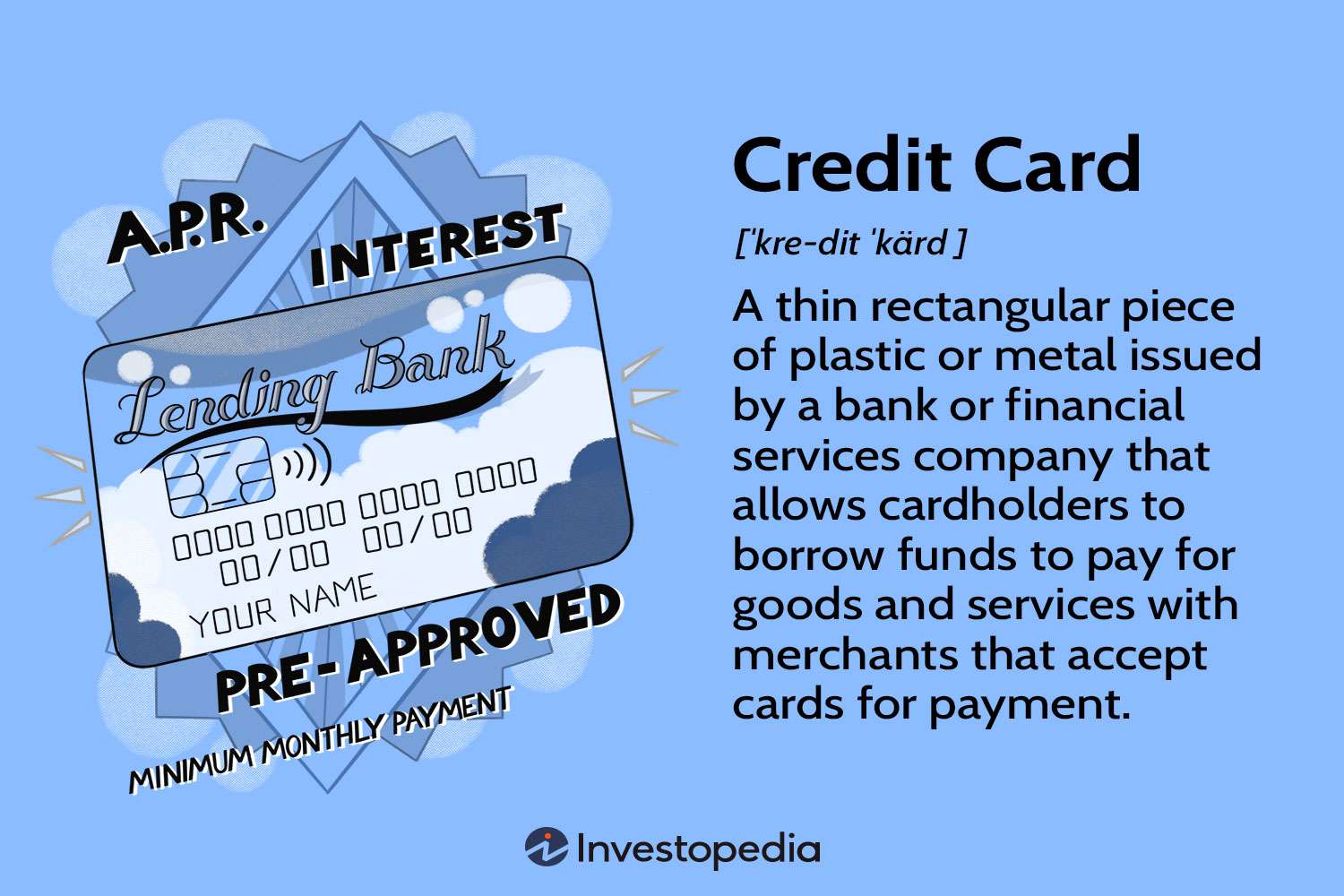What Does Credit on a Bill Mean? Master Your Financial Understanding!
Credit on a bill refers to the amount deducted or refunded to a customer for a valid reason. A credit on a bill is a deduction or a refund provided to a customer, typically due to a valid reason.
It can occur when there is an overcharge, a returned item, a discount, or a promotional offer. In such cases, the amount owed by the customer is reduced, resulting in a credit on their bill. This credit can be used to offset future charges or can be refunded to the customer.
Understanding the concept of credit on a bill is crucial to managing personal finances and ensuring accurate billing. It allows customers to track how much they have paid and helps them rectify any discrepancies or errors that may arise.
The Basics Of Credit On A Bill
Understanding what credit means on a bill is essential for managing your finances and maintaining a healthy financial life. Credit refers to the amount of money that has been paid in advance or applied as a payment towards a bill. It represents the funds that you have available to offset any charges or expenses. To fully grasp the concept of credit on a bill, let’s delve into its definition and the importance it holds.
Definition Of Credit On A Bill
Credit on a bill can be defined as the prepayment or payment made in advance towards a particular expense. It serves as a way to reduce or eliminate future financial obligations. When you have a credit on your bill, it means that you have a surplus of funds that can be used to offset any charges or expenses that might occur.
Importance Of Credit On A Bill
The importance of credit on a bill cannot be overstated. It empowers individuals and businesses by providing them with a financial cushion to tackle unexpected expenses or financial obligations. Here are some key reasons why credit on a bill is important:
- Flexibility: Having credit on a bill allows you the flexibility to cover expenses without worrying about an immediate out-of-pocket payment.
- Budgeting: Credit on a bill enables you to plan and manage your budget effectively, as you know in advance how much you have available to offset expenses.
- Financial Security: Credit acts as a safety net, providing you with peace of mind and financial security. It ensures that you have funds readily available to handle any unforeseen circumstances.
- Opportunity for Rewards: Many bills and financial services offer rewards or incentives for utilizing credit. These rewards can include cashback, discounts, or loyalty points, which can be beneficial in the long run.
Having a firm understanding of credit on a bill is crucial for making informed financial decisions. It gives you the ability to leverage your available resources effectively, avoid debt, and maintain a healthy financial standing. By utilizing credit wisely, you can manage your bills with ease and maximize your financial stability.

Credit: www.independent.co.uk
Types Of Credit On A Bill
The types of credit on a bill refer to the various ways in which you can borrow money or make purchases on credit. It is important to understand these different types of credit, as they can have a significant impact on your financial situation. The two main types of credit found on a bill are revolving credit and installment credit. Let’s take a closer look at each type:
Revolving Credit
Revolving credit is a type of credit that allows you to borrow money up to a certain limit, known as your credit limit. Unlike installment credit, which is typically used to finance a specific purchase, revolving credit can be used for any purpose. It allows you to make purchases or borrow money as needed, up to your credit limit. One common example of revolving credit is a credit card.
With revolving credit, you are typically required to make minimum monthly payments. These payments are usually calculated as a percentage of your outstanding balance. You also have the option to pay off your balance in full each month to avoid paying interest charges. Interest is charged only on the amount of money you borrow and do not repay before the end of the billing cycle.
Installment Credit
Installment credit is a type of credit that allows you to make fixed, regular payments over a set period of time. You borrow a specific amount of money and agree to repay it in equal installments over the life of the loan. Common examples of installment credit include auto loans, mortgages, and personal loans.
Unlike revolving credit, which is typically open-ended, installment credit has a predetermined end date. This means that you will know exactly when the loan will be paid off, assuming you make all of your payments on time. The interest rate for installment credit is usually fixed, meaning it does not fluctuate over the life of the loan.
When it comes to managing your credit and keeping track of your debts, it is important to understand the types of credit on a bill. Revolving credit allows for flexibility and convenience, while installment credit provides structure and a predetermined repayment plan. By understanding these different types of credit, you can make informed decisions about your financial well-being.
Factors Affecting Credit On A Bill
Understanding the factors that affect credit on a bill is essential for managing personal finances effectively. Various elements can impact the credit assigned to a bill, shaping an individual’s financial standing. It is crucial to comprehend these factors to make informed decisions and maintain a favorable credit score.
Payment History
A person’s payment history plays a significant role in determining the credit assigned to a bill. Timely payments contribute to a positive credit standing, indicating financial responsibility. On the other hand, late or missed payments can lead to a decrease in credit, signaling potential financial risk.
Credit Utilization
Credit utilization refers to the percentage of a person’s available credit that is currently being used. Low credit utilization signifies responsible credit management and can positively influence the credit assigned to a bill. Conversely, high credit utilization may indicate financial strain and could impact the credit assessment on a bill.

Credit: www.annuity.org
Impact Of Credit On A Bill
Understanding how credit influences your bill is essential for maintaining sound financial health. Your credit, often reflected in your credit score, affects various aspects of your life, including your ability to secure loans, rent a home, and even potentially impact job opportunities. In terms of your bills, your credit can significantly impact the options available to you and the overall cost you pay. In this section, we will explore the two main ways in which credit can affect your bill: credit score influence and financial options.
Credit Score Influence
Your credit score serves as a numerical representation of your creditworthiness. It is used by lenders, landlords, and sometimes even employers to evaluate your reliability in managing financial obligations. When it comes to bills, having a good credit score can work to your advantage in multiple ways:
- Lower Interest Rates: With a higher credit score, you are more likely to qualify for loans or credit cards with lower interest rates. This can directly impact your bill by reducing the amount of interest you have to pay over time.
- Eligibility for Rewards: Many credit cards and financial institutions offer rewards programs that allow you to earn cashback, airline miles, or other incentives. These rewards can be applied towards your bill, effectively reducing your overall expenses.
- Additional Benefits: A good credit score may also grant you access to additional benefits, such as discounted insurance premiums or priority customer service. These perks can contribute to overall savings and a more favorable billing experience.
Financial Options
Having good credit opens up a wider range of financial options, which can directly impact your bill:
- Flexible Payment Terms: Lenders and service providers may offer more flexible payment terms, such as longer repayment periods or the ability to qualify for installment plans. This can help alleviate financial strain and make it easier to manage your bill payments.
- Lower Deposits: When signing up for certain services, such as utilities or internet providers, a good credit score can sometimes result in lower or waived deposits. This can reduce the upfront costs associated with setting up new services.
- Negotiation Power: With strong credit, you may have the ability to negotiate bill payments and terms to your advantage. This could include requesting lower interest rates, extended due dates, or even negotiating settlement offers for outstanding balances.
In conclusion, credit has a significant impact on your bills. A good credit score not only provides you with more financial opportunities, but it also allows you to potentially save money, enjoy additional benefits, and have greater control over your bill payments. Understanding this impact can enable you to make informed decisions and take proactive steps to improve your creditworthiness, ultimately resulting in more favorable bills.
Managing Credit On A Bill
In this section, we will explore effective ways to manage credit on a bill. By understanding budgeting techniques and debt repayment strategies, you can take control of your finances and ensure that your credit remains in good standing. Let’s dive in!
Budgeting Techniques
When it comes to managing credit on a bill, budgeting is key. By effectively budgeting your income and expenses, you can ensure that your bills are paid on time and that you have enough funds to cover your credit obligations. Here are some budgeting techniques to consider:
- Track your income and expenses: Keep a record of your monthly income and all expenses, including bills, groceries, and discretionary spending. This will help you gain a clear picture of where your money is going.
- Create a spending plan: Once you have a clear understanding of your income and expenses, create a realistic spending plan. Allocate a certain amount to cover essential bills and other necessary expenses, and consider setting aside some funds for savings or emergencies.
- Set financial goals: Establishing financial goals can help you stay motivated and focused. Whether it’s paying off credit card debt or saving for a down payment on a house, having specific goals can guide your budgeting efforts.
Debt Repayment Strategies
If you have existing debt on your bill, implementing debt repayment strategies is crucial to managing your credit effectively. Here are some strategies to consider:
- Snowball method: Start by paying off your smallest debts first while making minimum payments on larger debts. As you pay off each smaller debt, redirect those funds towards the next smallest debt. This technique provides a sense of accomplishment and motivation.
- Avalanche method: With this strategy, focus on paying off debts with the highest interest rates first. By tackling high-interest debts, you can reduce the amount of interest that accrues over time.
- Debt consolidation: If you have multiple debts with high interest rates, consolidating them into a single loan or credit card with a lower interest rate can make your repayments more manageable. This can help simplify your finances and potentially save money on interest payments.
By incorporating these debt repayment strategies into your credit management plan, you can work towards paying off your debts and improving your overall financial health.
Start Managing Your Credit Today
Now that you have an understanding of budgeting techniques and debt repayment strategies, it’s time to take action and start managing your credit on a bill more effectively. By implementing these strategies and staying disciplined with your financial goals, you can pave the way towards a healthier financial future.
:max_bytes(150000):strip_icc()/Financial-distress-4196488-recirc-blue-2b75a38cf3714fc493fac849b80b2d63.jpg)
Credit: www.investopedia.com
Frequently Asked Questions Of What Does Credit Mean On A Bill?
What Is A Credit On Bill?
A credit on a bill is a deduction from the total amount due. It may result from overpayment or a refund. This reduces the amount owed.
Does Credit Mean You Get Money?
Credit does not mean you get money. It refers to borrowing money from a lender or a financial institution, which you have to repay with interest. It allows you to make purchases or payments when you don’t have cash on hand, but it’s not free money.
Does Credit Balance Mean I Owe Money?
No, credit balance does not mean you owe money. It actually refers to the amount of money you have available to spend.
Does Credit Mean Paid?
No, credit does not always mean paid. It can also refer to trust in borrowing.
Conclusion
Understanding the concept of credit on a bill is essential for managing personal finances. It allows for flexibility in payment and establishes a financial trustworthiness. By comprehending the implications of credit on a bill, individuals can make informed decisions that will positively impact their financial well-being.
It is crucial to stay informed and responsible when navigating credit on bills.
{ “@context”: “https://schema.org”, “@type”: “FAQPage”, “mainEntity”: [ { “@type”: “Question”, “name”: “What is a credit on bill?”, “acceptedAnswer”: { “@type”: “Answer”, “text”: “A credit on a bill is a deduction from the total amount due. It may result from overpayment or a refund. This reduces the amount owed.” } } , { “@type”: “Question”, “name”: “Does credit mean you get money?”, “acceptedAnswer”: { “@type”: “Answer”, “text”: “Credit does not mean you get money. It refers to borrowing money from a lender or a financial institution, which you have to repay with interest. It allows you to make purchases or payments when you don’t have cash on hand, but it’s not free money.” } } , { “@type”: “Question”, “name”: “Does credit balance mean I owe money?”, “acceptedAnswer”: { “@type”: “Answer”, “text”: “No, credit balance does not mean you owe money. It actually refers to the amount of money you have available to spend.” } } , { “@type”: “Question”, “name”: “Does credit mean paid?”, “acceptedAnswer”: { “@type”: “Answer”, “text”: “No, credit does not always mean paid. It can also refer to trust in borrowing.” } } ] }





